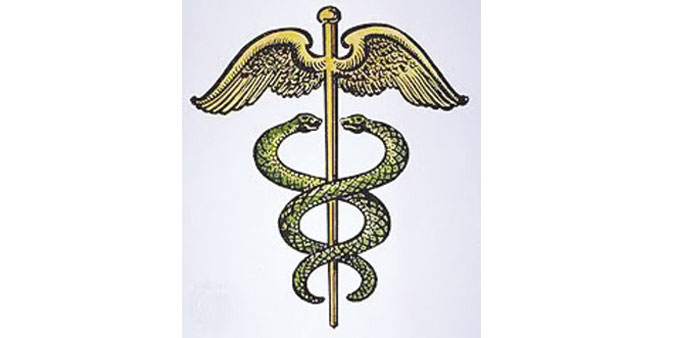Guardian News and Media/London
Drug companies and medical researchers are putting patients’ lives in danger by failing to publish unfavourable results from clinical trials, MPs have warned.
The lack of transparency means many trials are not registered before they are done, while results are held as private documents that cannot be scrutinised by patients or independent experts.
The practice skews the information that is available to doctors because trials that show new experimental drugs in the best light are more likely to be published, and results that could prevent harm or save patients’ lives may never see the light of day.
Often, trials that indicate a new treatment is not effective are never published.
In a report delivered to ministers, MPs express dismay at the government’s efforts to tackle the problem and set out concrete proposals to make data from clinical trials more openly available.
“Many of the trials taking place today are unregistered and unpublished, meaning the information that they generate remains invisible to both the scientific community and the public. This is unacceptable, undermining public trust, slowing the pace of medical advancement and potentially putting patients at risk,” said Andrew Miller, chair of the Commons science and technology committee.
The MPs’ report broadens the traditional battleground over clinical trials data to include academic researchers who fail to publish studies of companies’ drugs or other medical interventions. The pharmaceutical industry is under intense pressure to release more clinical trial data, and some companies, such as GSK, are already committed to greater openness.
But the MPs call for government action to speed the process, by requiring all future trials to be registered, and summaries of trial results to be made public. More detailed “clinical study reports” should also be released, with redactions to protect patient privacy, when they have already been prepared for regulators.
In another recommendation, the MPs urge the government to demand the registration of past trials too, with summary results released for all publicly funded trials since 2000. Failure to release clinical trials data has led to hefty fines for some pharmaceutical companies.
In 2004, GSK paid $2.5mn to settle a consumer fraud case during which it emerged that the company had lied about the safety and effectiveness of its antidepressant Paxil, also known as Seroxat.
But academics are also guilty of suppressing data that could have helped patients. In 2006, six volunteers suffered severe reactions to an experimental drug called TGN1412 in a trial at Northwick Park hospital in London. An inquiry into the incident found that a single patient had suffered the same catastrophic reaction after taking a similar drug, but the scientists had never reported the findings.
Scientists estimate that half of all clinical trials that have been completed have never been published in academic journals, and trials with favourable results are twice as likely to be published as others.
“There have been these examples of publication bias which have resulted in lots of people suffering and dying unnecessarily, which somehow people haven’t taken seriously,” said Iain Chalmers, co-ordinator of the James Lind Initiative at Oxford University, which lobbies for better trials.

